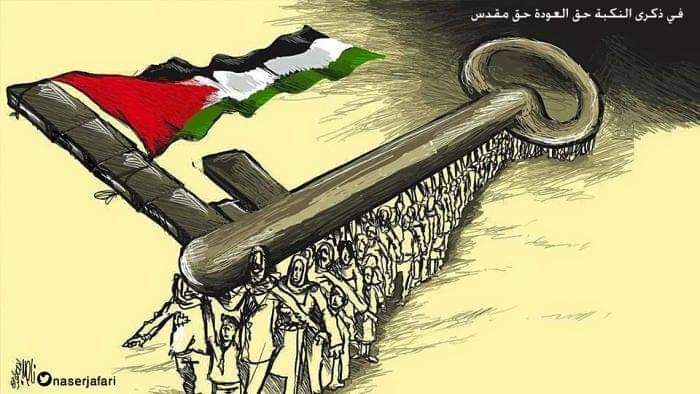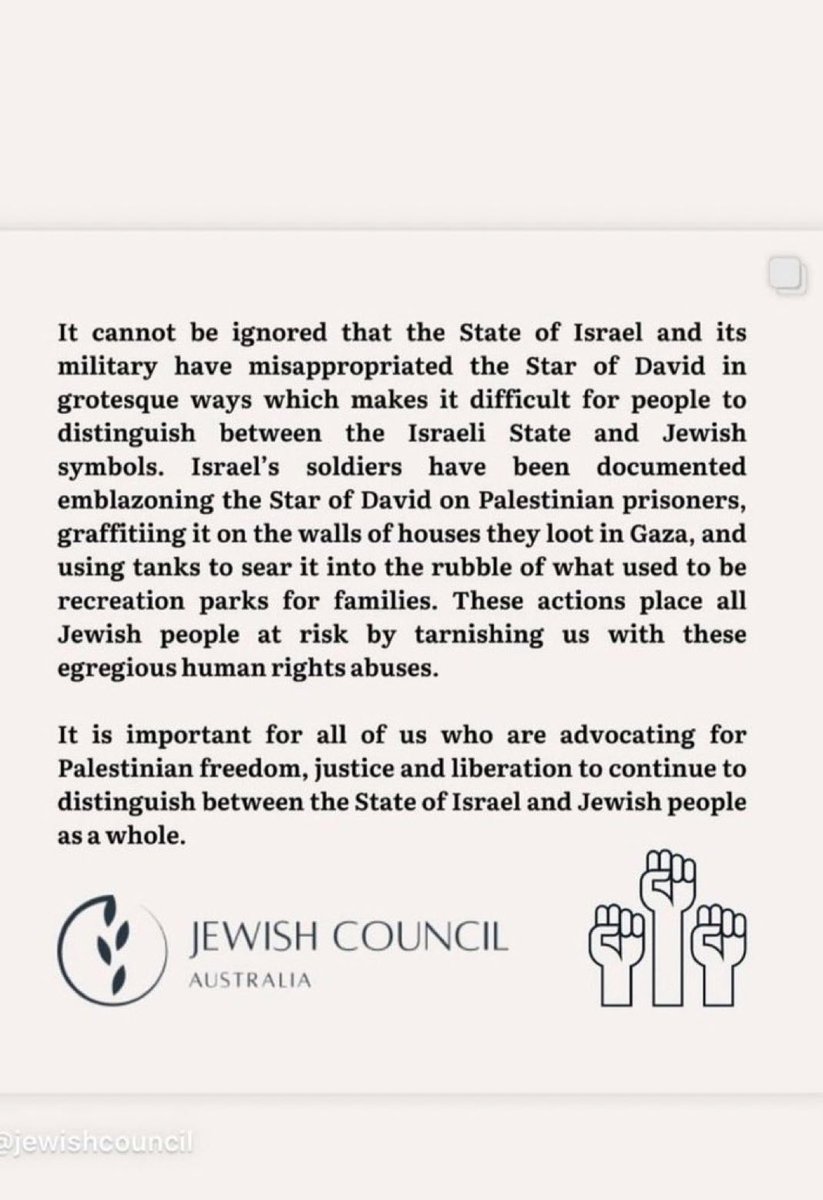Palestine and Imperial Chaos
By Dr Khairi Janbek
When the British conquered the territory, they did not exactly know where to draw the borders of Palestine. British prime minister Lloyd George conferred with his French counterpart Clemenceau and suggested that the borders of Palestine be defined on biblical basis; in accordance with its ancient boundaries from ‘Dan to Beersheba’.
But what about the sparsely-populated territory east of the River Jordan? Although in 1915 the British promised the territory to the Sharif of Mecca in the McMahon correspondence, in the early years of British control, it remained part of Palestine, and not until 1922 did the British separate it from the rest of Palestine and named Emir Abdullah of the Hashemite dynasty as the ruler of the new country Transjordan.
Even when the borders of Palestine became clear to the British, the borders of the future “Jewish National Home” remained open to dispute. Lord Balfour’s letter spoke vaguely of the establishments ‘in Palestine a National Home for the Jewish people’ he did not refer to the whole of Palestine or any specific part of it.
Among the Zionists, the borders of Palestine were just as blurred. The ideal borders, as mapped by the Zionist delegation at the Paris peace negotiations, included south Lebanon (Northern Galilee) and a stretch of land east of the River Jordan as far as the line of the Hijaz Railway.
Weizmann continued to believe that the land east of the River Jordan should be part of the “Jewish National Home.” This was reiterated in his Congress speech 1921 stating “the questions of borders will be answered when Cis-Jordan (West Bank of the River Jordan) will be so full of Jews that we will have to expand to Transjordan.”
The right wing Israeli revisionists continued to claim until the 1950s, the whole of Palestine on both sides of the Jordan River.
However, there was a brief glimmer of hope that an Arab-Jewish understanding might in fact be possible when Emir Faisal, later King of Iraq, and Chaim Weizemann signed an agreement in 1919, recognizing the right of the Jews to immigrate to Israel.
But reality on the ground created a different set factors, when Faisal’s condition of far reaching Arab independence in the region was not fulfilled, he declared the agreement no longer valid. In any case, the agreement did not include representatives of the Palestinian Arabs.
Also in the post-World War I era, another claim on Palestine was made in March 1920, when the General National Syrian Congress, declared that Palestine was nothing but the southern part of the Greater Syria State.
Dr Khairi Janbek is a Jordanian historian based in Paris and the above opinion is that of the author and doesn’t reflect crossfirearabia.com.











